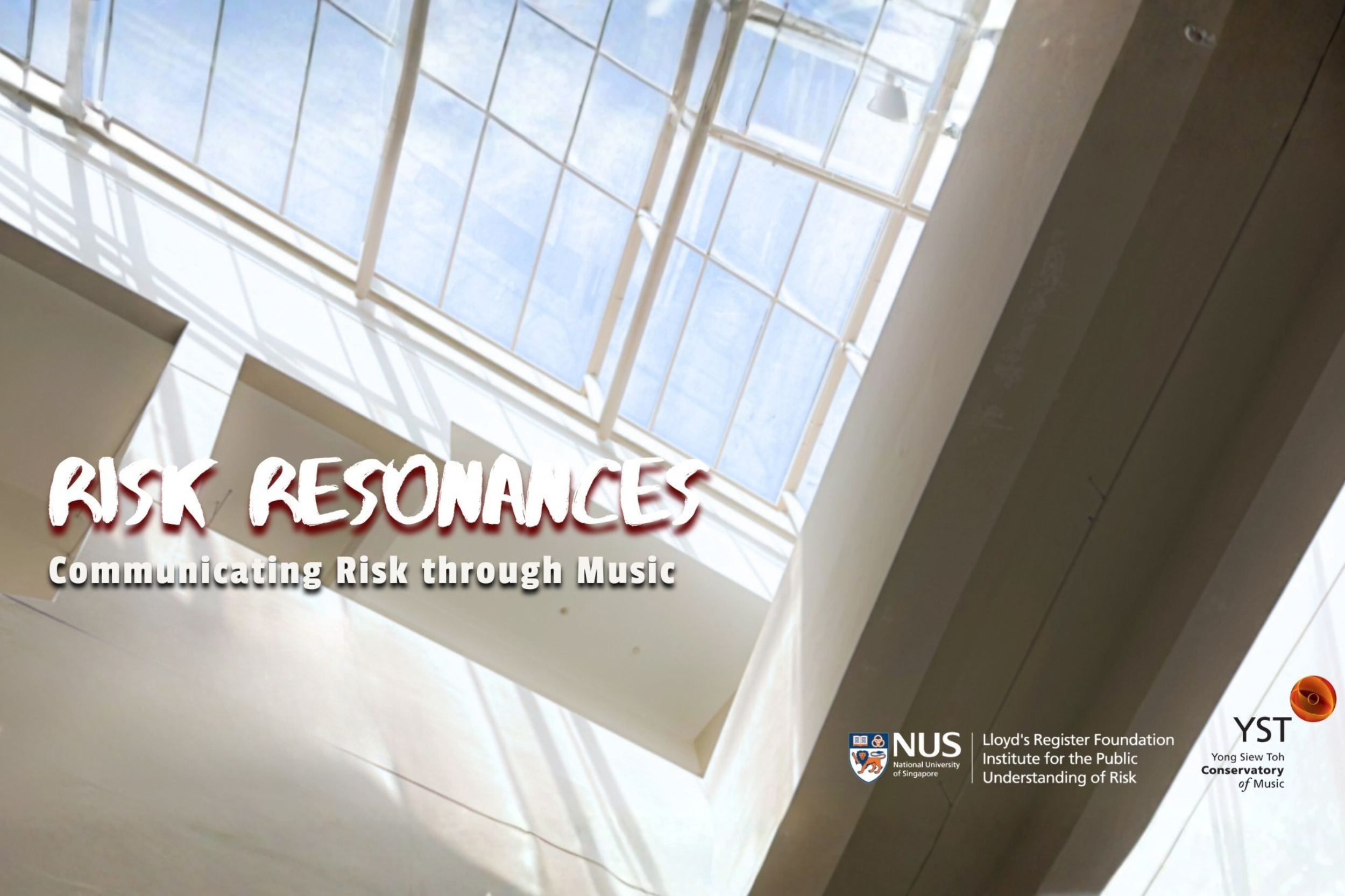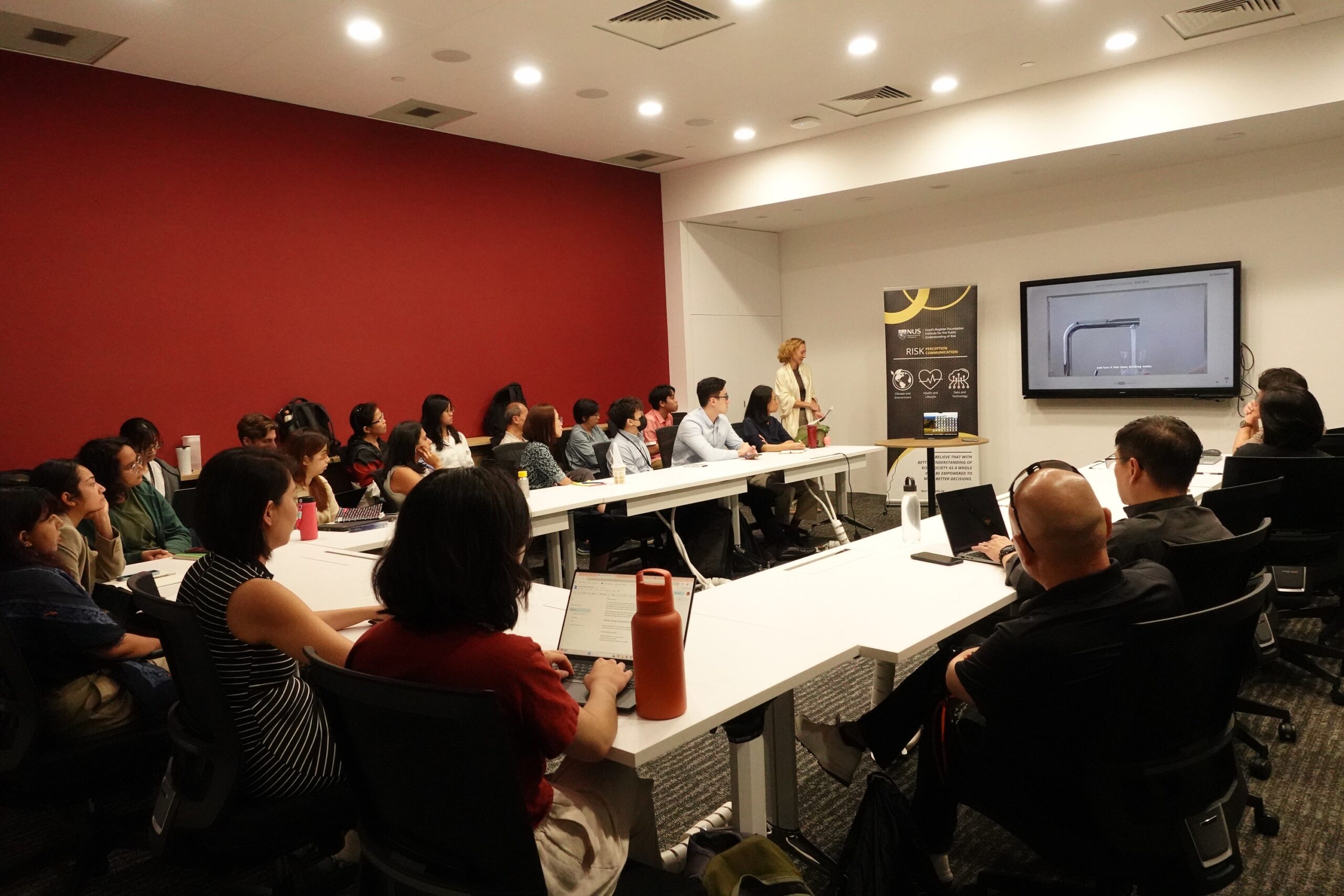IPUR is running a study to understand people’s perceptions and understanding of net zero. Findings and insights from the study will be used to guide risk communication interventions surrounding net zero, with the goal of supporting public policy and encouraging people to make lifestyle changes to reduce individual and household emissions.
What is Net Zero
Although there is a fair amount of urgency when it comes to net zero as a goal to address climate change, little is known about what people think of net zero and if they even know what it is. Net zero refers to achieving a balance between the amount of greenhouse gas emissions produced and the amount removed from the atmosphere. This means that any emissions produced are offset by actions that remove an equivalent amount of emissions from the atmosphere, such as through carbon capture and storage or by increasing the use of renewable energy sources.
Better understanding to influence attitudes
Gaining insights into how people understand net zero is important because it will help to identify potential barriers and opportunities to achieving this goal. If people do not have a clear understanding of what net zero means or why it is important, they may be less likely to support efforts to reduce emissions and transition to a low-carbon economy. On the other hand, if people have a strong understanding of the benefits of net zero and the risks of failing to achieve it, they may be more motivated to take action and support policies and initiatives that promote a transition to a low-carbon economy.
By understanding people’s understanding of net zero, it is also possible to tailor communication strategies and outreach efforts to effectively engage different groups of people. For example, if a certain demographic or community has misconceptions about net zero, targeted messaging and education campaigns may be necessary to correct those misconceptions and encourage support for emissions reduction efforts. It will also allow implementers to evaluate the effectiveness of their campaigns and efforts.
Understanding people’s understanding of net zero can also help policymakers and other stakeholders to develop policies and initiatives that are more likely to be accepted and implemented by the public.
An eye on climate change
In the context of climate change, the goal of achieving net zero emissions is critical to limit global warming and prevent the worst impacts of climate change. This requires significant efforts across all sectors of the economy, including the energy, transportation, agriculture, and building sectors.
Failing to achieve net zero emissions carries significant risks, such as increased global temperatures, more frequent and severe weather events, and damage to ecosystems and biodiversity. At the same time, there are also risks associated with transitioning to net zero: job losses in certain sectors, investment risks, and challenges in implementing new technologies and infrastructure.
Many countries, companies, and organisations have committed to achieving net zero emissions by a certain deadline, such as by 2050, as part of efforts to address climate change. Achieving net zero emissions will require significant investment in clean energy technologies, improved energy efficiency, and changes in consumption patterns.
This project is envisioned to be a first key milestone in understanding perceptions, raising awareness and influencing attitudes and behaviours to achieve net zero targets and address climate change.
One helpful method of measuring our impact on the environment is tracking our carbon footprint. Through our data visualisation competition, Optigram, participants developed interactive tools that could help the public be more conscious of their carbon footprint, as well as take steps to reduce their daily consumption habits. Check out the platforms here.


